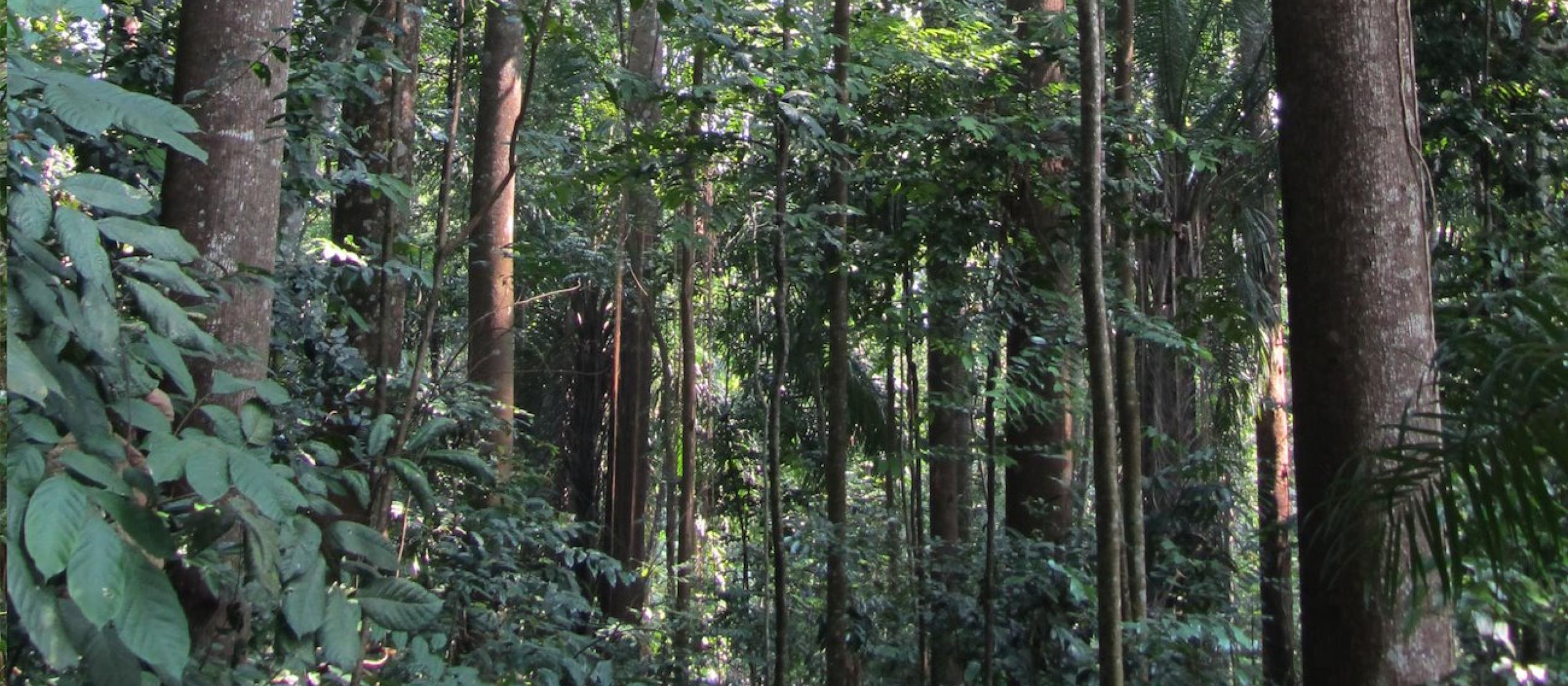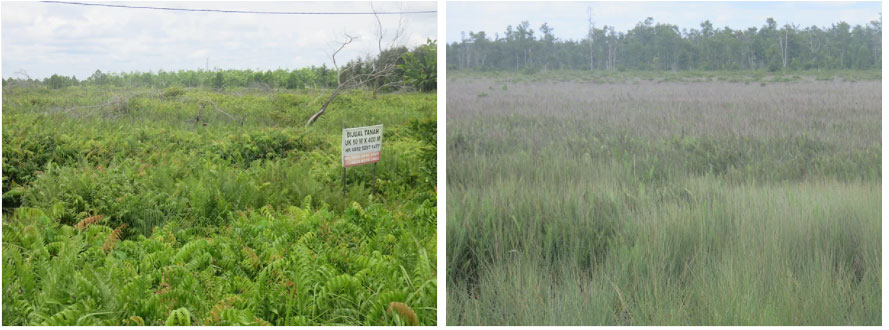- HomeHome
-
About ACIAR
- Our work
- Our people
-
Corporate information
- ACIAR Audit Committee
- Commission for International Agricultural Research
- Policy Advisory Council
- Agency reviews
- Executive remuneration disclosure
- Freedom of information (FOI)
- Gifts and benefits register
- Information publication scheme
- List of new agency files
- Contracts
- Legal services expenditure
- Privacy impact assessment register
- Commonwealth Child Safe Framework
- Benefits to Australia
- Careers
- 40 years of ACIAR
-
What we do
- Programs
- Cross-cutting areas
- Resources
- Where we work
-
Funding
- Research projects
- Fellowships
-
Scholarships
- John Allwright FellowshipScholarships to study in Australia for ACIAR partner country scientists to have Australian postgraduate qualifications
- ACIAR Pacific Agriculture Scholarships and Support and Climate Resilience Program
- Alumni Research Support Facility
- Publications
- News and Outreach
Date released
13 April 2018
Influencing policy is known to be complex. Two projects that aimed to support the Indonesian Government develop policy on REDD+ provide some interesting reflections, and implications for evaluating such policy research projects.
This paper presents learnings from two ACIAR-funded policy research projects (FST/2007/052 & FST/2012/040), which aimed to support the Government of Indonesia to develop policy and institutional arrangements for REDD+ (Reducing Emissions from Deforestation and Forest Degradation). Written by the leader of the projects, who is based at the Australian National University, the paper explores the challenges of influencing policy, even in a receptive environment, and the implications for evaluating policy research projects.
The projects looked in particular at the design of ‘intergovernmental fiscal transfers’ as a potential means to channel REDD+ international payments to local governments. They also researched ‘payment for environmental services’ schemes that might work in Indonesia. However, progress with the adoption of the research findings has been slower than expected and it is not currently known whether REDD+ will be implemented in Indonesia.
The author points out that national policy decisions are made by government and stakeholders, and reflect a range of perspectives and interests. Providing information, and analysis of options, is a valuable contribution to the decision-making process, whatever the eventual decision. He therefore concludes that, in evaluating such projects, the quality and relevance of the research should be the main focus of assessment, rather than whether a specific policy or recommendation is implemented.
The open-source publication of the above paper is part of wider initiative by ACIAR to disseminate the results of its projects as widely as possible. The move towards supporting open access is in line with ACIAR’s thinking on free and fair knowledge sharing in pursuit of more productive and sustainable agricultural systems.




